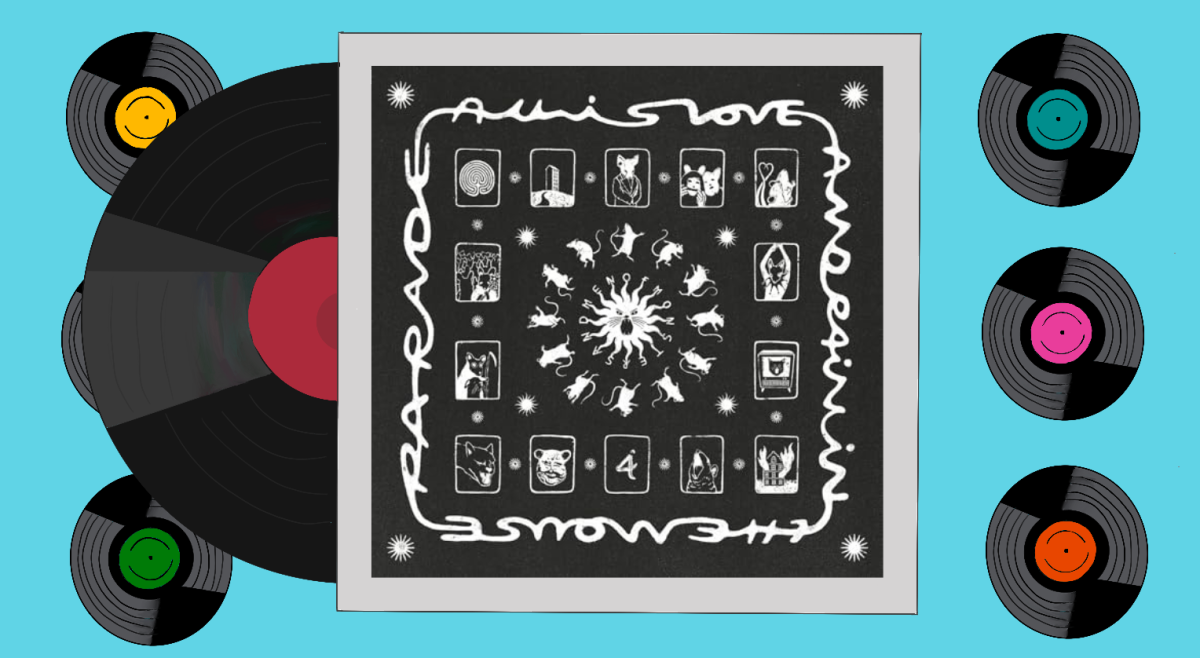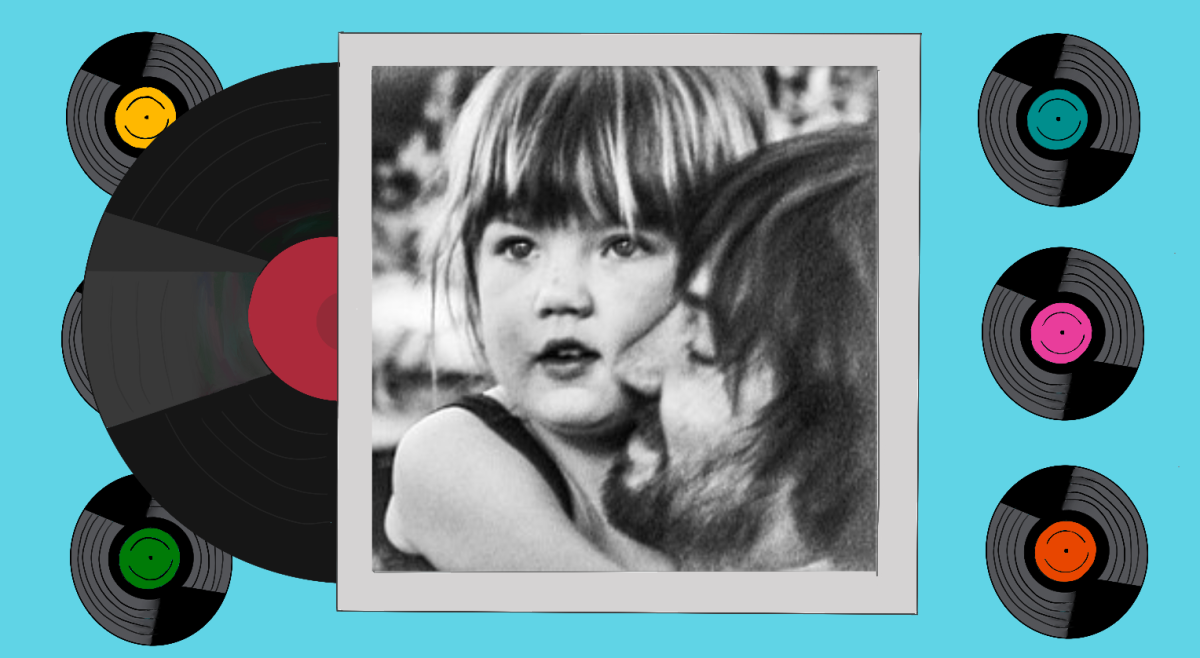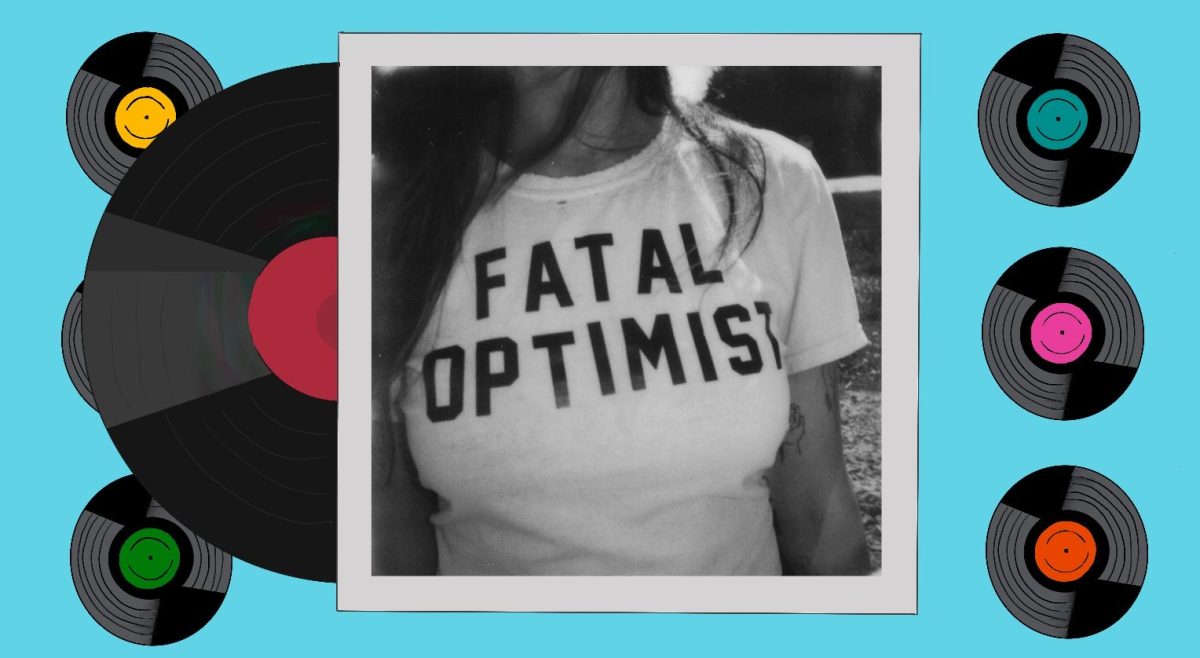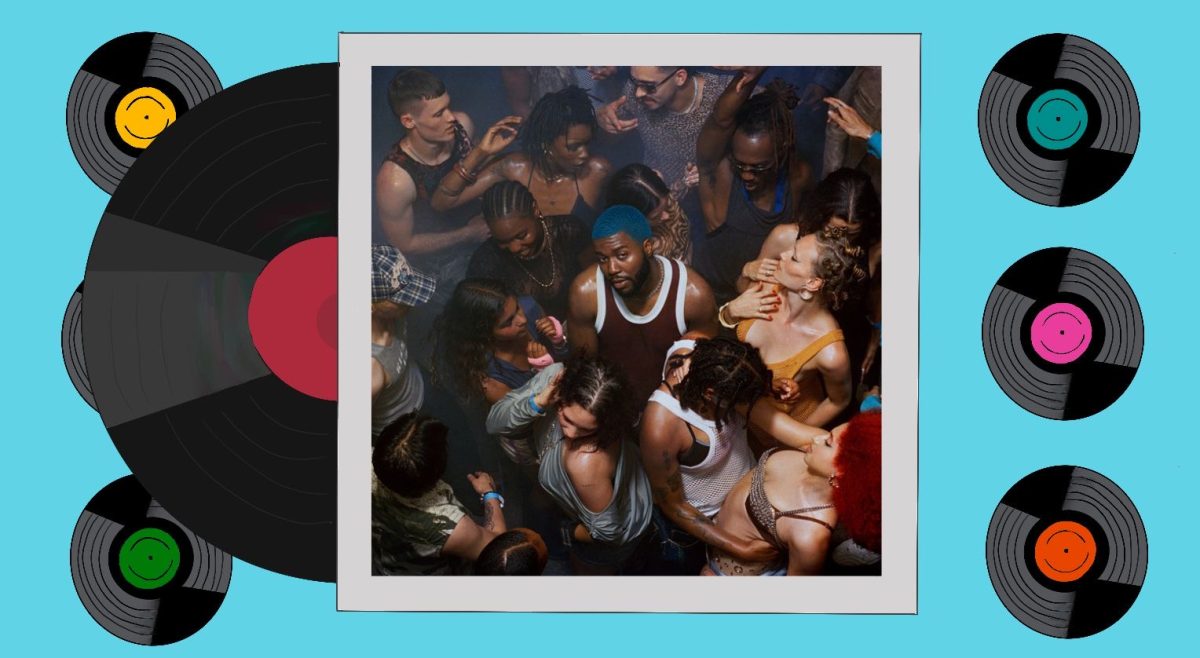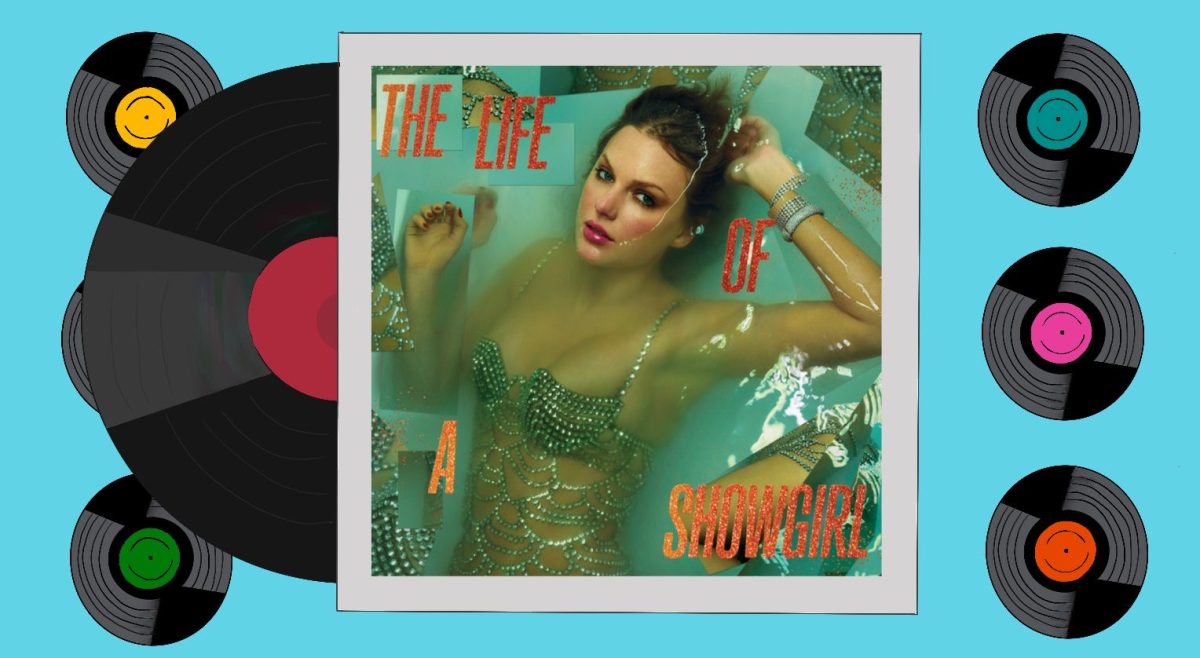A year defined by mad-lib sounding headlines about boofing appointments, giant cows, and an unlikely and uncomfortable fling between Tesla CEO Elon Musk and Canadian grunge pop star Grimes, 2018 presented a unique opportunity for musicians to take hold of the untethered chaos infiltrating America’s collective consciousness.
This litany of absurdity resulted in a momentous year for music, some artists initiating a space race to someplace far from a rapidly deteriorating reality and others reminiscing on the good ol’ days when presidents issued official statements rather than impulsive tweets thanking rappers for their nonsensical lyrics. In short, 2018 was marked by an “anything goes” attitude.
With the Grammys set for Feb. 10, 2019, the awards committee has perhaps the most exciting selection of music on its hands in recent years: Much like the evening news, musicians took mad-lib ques and pushed boundaries far beyond genre border walls. These are just a few of the most innovative albums of the year—a humble college journalist’s picks for possible Grammy nominees:
An Inquiry into Online Relationships – The 1975
Showing up just a little late to the funeral reception that was 2018, The 1975 had all year to sit back and watch the world burn around it, resulting in one of the most electrically charged, deeply progressive albums of the year. Released on Nov. 30, A Brief Inquiry into Online Relationships is a momentous amalgamation of social discontent and outlandish introspection, all coming together to read like a Stanley Kubrick screenplay with a score of synthetic beats and violin symphonies.
Hailed as an OK Computer update for a digitized generation and receiving high praise from all of the leading music publications, it’s almost certain that The 1975 will get their first Grammy nod in 2019. What may be hard about introducing the British band to music’s biggest stage, however, is choosing a category in which to nominate them.
A Brief Inquiry should be considered for album and record of the year—although OK Computer wasn’t in 1998—but genre awards might be harder to pin down: With detours into jazz, hip-hop, and electronica and an overarching pop rock sound defining the alternative band’s third album, genre lines have never been more blurred.
Tell Me How You Really Feel – Courtney Barnett
Women have long struggled to produce rock music met with the same level of seriousness as their male counterparts: Meg White was never considered to play on the musical plane of her (former) husband Jack White while with The White Stripes; even as a fearless, badass Yeah Yeah Yeahs frontwoman, Karen O still had to be “one of the boys” to get attention from rock critics; and Courtney Love will go down as Kurt Cobain’s (suspicious) widow (Maybe someday I will write a column about how I think Courtney did it). With Tell Me How You Really Feel, Courtney Barnett finally won the struggle for rock respect.
Ragged and retching with discontent, Barnett makes dark declarations on “I’m Not Your Mother, I’m Not Your Bitch” and exudes a Strokes-y garage rock sound with raw strung out riffs. A force to be reckoned with when a guitar is in her hand, Barnett guides rock music through a stringent rebranding, stripping away synths and returning the genre back to its unruly roots. Barnett doesn’t deserve a Grammy nod because she’s a woman with a guitar—Barnett deserves a Grammy nod because Tell Me How You Really Feel tells rock how it really should sound.
iridescence – BROCKHAMPTON
BROCKHAMPTON’s iridescence acted as a rebirth for the self-proclaimed boy band birthed in a Kanye West fan forum. Its first album on a major record label—after four albums, the group signed to RCA Records this year—and its first record without former member Ameer Vann—the rapper was kicked out of the collective when allegations of sexual assault surfaced in May—iridescence delves into deeply reflective verses about coming up from nothing, the adverse side effects of sudden stardom, and unofficial frontman Kevin Abstract’s struggle for acceptance as a gay black man.
Fast-paced beats race through the veins of songs fragmented by floating symphonic violin and piano compositions, and revving synthetic beat drops, layering unexpected emotion on party tracks. On the album, BROCKHAMPTON exhibits a lyrical maturity by discussing real world problems—family drama, homophobia, and racism—rather than the unrelatable, manufactured problems of life in the fast lane. Although a less obvious choice for a rap category nod, BROCKHAMPTON should be lauded for its commitment to changing the landscape of hip-hop with iridescence.
Featured Image by Mom + Pop Music














